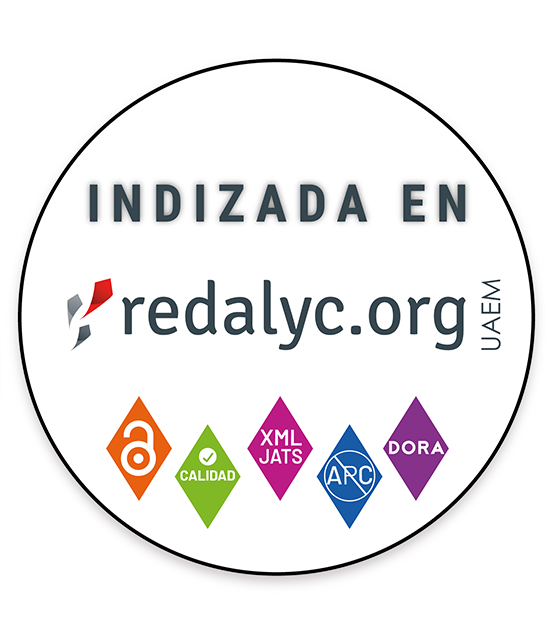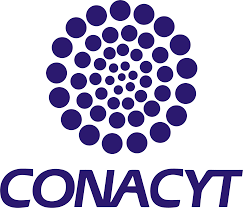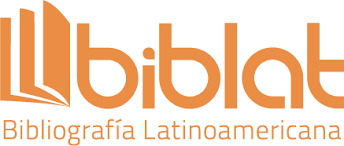Herencia y donación. Prácticas intrafamiliares de transmisión de la tierra. El caso de un ejido veracruzano
Keywords:
land, inheritance, donation, kinship group, genderAbstract
A common practice among kinship (ejido) families has been the practice of land distribution through patrilineal inheritance. Under this distribution system, the factors that have contributed to the subordination and exclusion of women regarding access and succession are the kinship system, the sexual division of work and the agrarian legislation. Since the adoption of the Land Act of 1992, which replaced the notion of land as ‘family’ patrimony with the adoption of ‘individual’ property and left the sale and the appointment of heirs to the land to the discretion of the owner; official data shows the advance of women regarding their access to land, principally through inheritance or donation (the transfer of rights by the father). Bearing in mind the above, I wondered if this meant changes to the patrilineal pattern of heredity and the subordinate position of women compared to men with regard to land ownership. To answer that question, I aim to identify —using a peasant farmer as a reference point— the land-transmission practices in a kin-based community and provide an account of the patterns of inheritance and donation differentiated by gender and generation within families.







